Berlin, 1 Shafar 1436/24 November 2014 (MINA) – Researchers in Germany have discovered an old manuscript of the Holy Qur’an at the library of the University of Tübingen.
Scholars at the Coranica Project, part of the University of Tübingen, found the book, written between 20 and 40 years after the death of Prophet Muhammad (peace be upon him).
Written in Kufic script, the manuscript, dubbed MA VI 165, was donated to the university in 1864 as part of the collection of the Prussian consul Johann Gottfried Wetzstein. Press TV reportes as quoted by Mi’raj Islamic News Agency (MINA).
Using carbon-14 dating on three samples of the manuscript parchment, the researchers concluded that it was more than 95 percent likely to have originated in the period 649-675 AD.
Also Read: Auckland Protesters Rally for Palestine, Urge Nationwide Boycott of Israeli Products
The Coranica project investigates the Qur’an in the context of its historical background using documents such as manuscripts and information derived from archaeological excavations.
The Eberhard Karls Universität Tübingen is one of Europe’s oldest universities. Several hundred years of history in the sciences and humanities have been written here.
The University’s history began in 1477, when Count Eberhard “the Bearded” of Württemberg founded the University. In Tübingen’s historical center there is hardly a building or a square that is not linked to a renowned scholar. Tübingen notables include Hegel, Hölderlin and Schelling, Mörike and Uhland, Johannes Kepler and Wilhelm Schickard.
Tübingen today remains a place of research and teaching. In addition to the nearly 86,000 inhabitants, there are some 28,500 German and international students. Some 450 professors and more than 4000 other academic staff teach at the University’s seven faculties.
Also Read: Protesters in London Denounce Israeli Violations of Gaza Ceasefire
Teaching at the University of Tübingen reflects the broad, interdisciplinary spectrum of its research. More than 280 courses are on offer. The University is open to the international exchange of academics and students.
The University has partnerships with more than 150 educational institutions in 45 countries, particularly in North America, Asia and Latin America, as well as with all the countries in Europe. Some 12.6 percent of students in Tübingen come from abroad, and many of the University’s German students pursue part of their studies in another country.
“International since 1477” – the perfect way to summarize the University of Tübingen. (T/L01/R03)
Mi’raj Islamic News Agency (MINA)
Also Read: Russia Defends Indonesia, Calls IOC “Hypocritical” Over Israel Visa Dispute





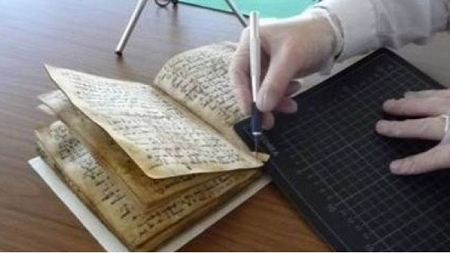





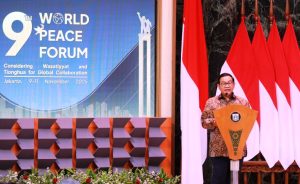



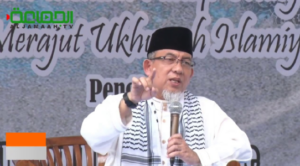
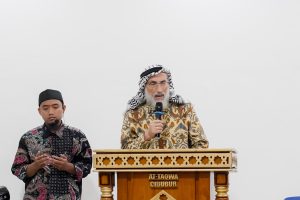



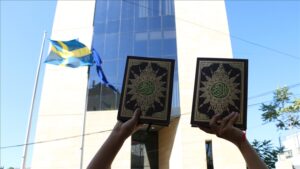












 Mina Indonesia
Mina Indonesia Mina Arabic
Mina Arabic